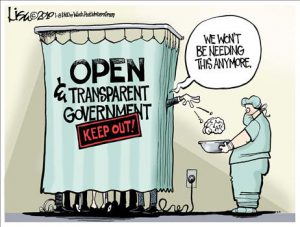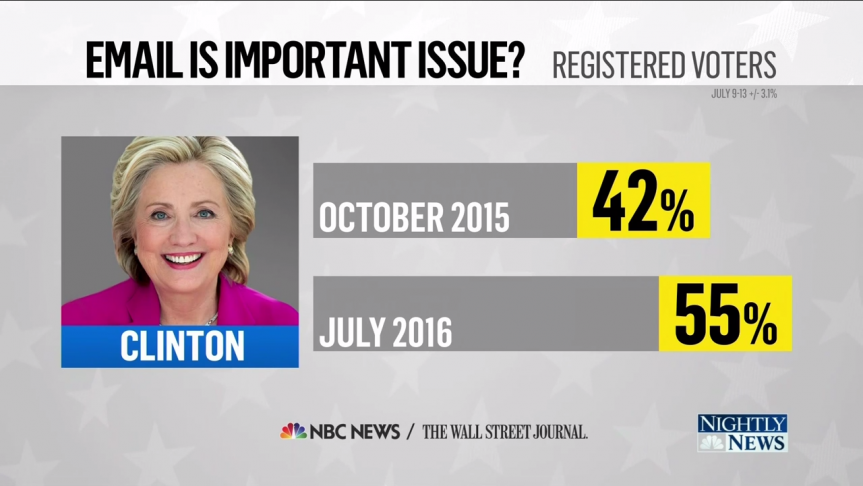As Election Day is here, it’s valid to ask: will the results bring the end of this long controversy over Hillary Clinton’s inbox? Elections cause lots of mudslinging, but usually this ends once the election is over and people get on board behind the newly elected leader. However, in many ways, including Trump claiming he may not accept the results of the election, there is reason to believe that this election could be different. Many people believe that this email scandal will follow Hillary into the White House even if she wins tonight.
Well said, Bernie. However, the end of the email discussion seems nowhere in sight.
Why?
Trump’s campaign has been feeding off the concept that the election and the political system are rigged. This powerful rhetorical strategy has many voters questioning the legitimacy of our democratic process, which is very dangerous for the stability of our country. As the election results unfold there are numerous opportunities for Trump to continue these claims, which he has already been doing these last days of the campaign. After FBI Director James Comey released a statement claiming that the FBI does not suggest any charges to be filed against Clinton, Trump stated:
“You can’t review 650,000 new emails in eight days. You can’t do it, folks. Hillary Clinton is guilty. She knows it, the FBI knows it, the people know it.”
Trump claims that the system is rigged and it is up to the voters to ensure that they don’t get away with it. Whichever way the election goes tonight, it seems that we will likely continue to hear rhetoric embodying this idea.
Furthermore
The Democrats are praising Comey for releasing the statement claiming they are glad it is “resolved”. However, the FBI says it’s normal for more evidence in this type of issue to surface. Plus, according to this article, they plan to further question Huma Abedin about why these emails were stored on her ex-husband’s computer. The FBI didn’t confirm or deny whether any were classified, they only suggested no further action in response to reviewing the new emails. So this all leaves a lot of Americans scratching their heads confused. If Hillary is to win, it is likely that these rumors will continue as each party gears back up for the next election cycle—the cycle that seems to never rest.
Implications
These claims have many American people questioning the government. It seems unlikely that people are ready to drop these email accusations. The rhetoric surrounding this election and specifically this email scandal has increased distrust in the government and further divided the American people.





